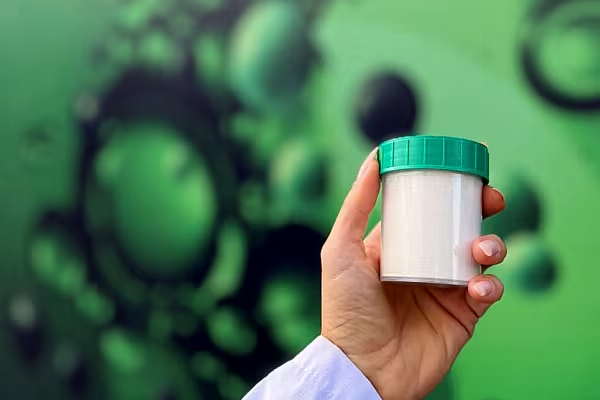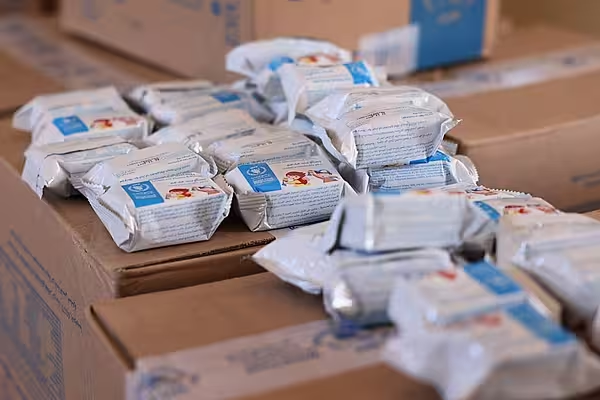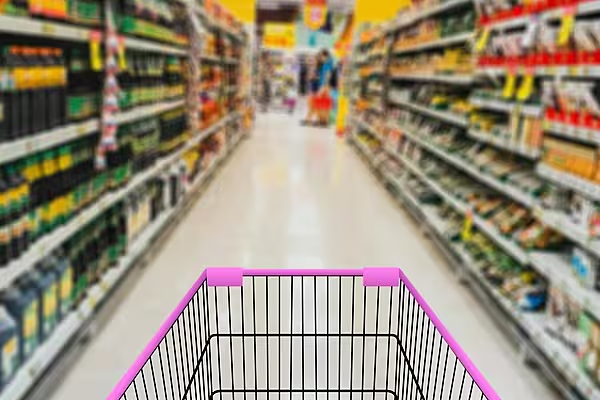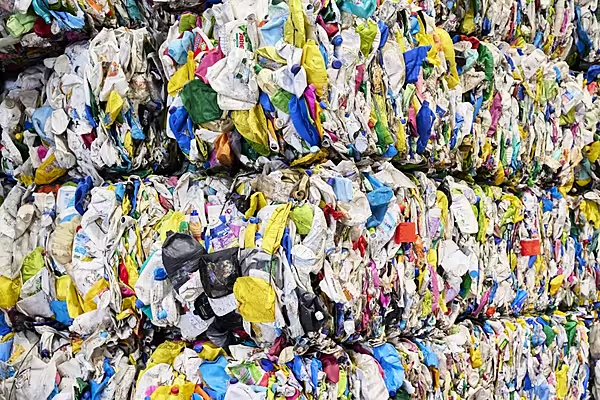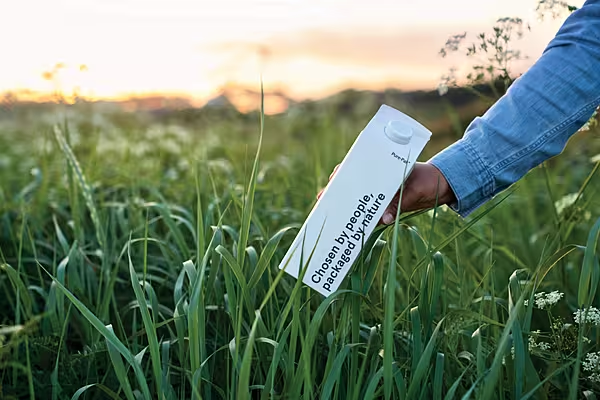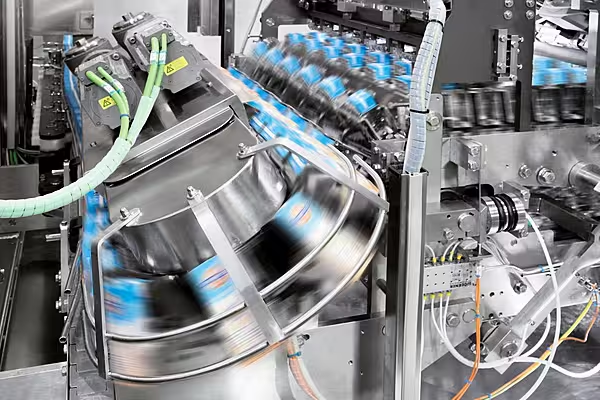Finnish energy company Fortum has produced what it claims is a world first – a biodegradable plastic produced from CO2 emissions.
The Fortum Recycling & Waste division, which specialises in waste management and circular solutions, produced the biodegradable plastic at its Riihimäki plant, using a process known as carbon capture and utilisation (CCU).
It notes that the development of the new plastic marks a ‘significant step towards reducing and utilising industrial carbon dioxide emissions’.
‘A Significant Step’
“I am very proud that our team is the first in the world to successfully produce biodegradable plastic entirely from carbon dioxide emissions,” commented Tony Rehn, head of the Carbon2x programme, which has developed the plastic.
“This breakthrough is a significant step towards more sustainable plastic production. This kind of development work helps to reduce dependence on fossil-based raw materials and can create new circular economy-based business.”
Carbon Capture And Utilisation
Fortum Recycling & Waste’s Carbon2x programme began exploring the potential of carbon capture and utilisation in 2022. It plans to capture carbon dioxide emissions produced from the incineration of non-recyclable waste and use them to produce sustainable packaging and products, such as biodegradable plastic.
Fortum noted that similar CCU projects are under way in other sectors in Finland, but these are mainly focused on the production of synthetic fuels and carbon capture and storage.
“Captured carbon dioxide should be utilised as a new raw material, instead of storing it underground or releasing it into the atmosphere when using fuel,” Rehn added.
“Utilising captured CO2 is a much more sustainable option in terms of tackling resource scarcity in the future. Whereas carbon capture and storage is a linear solution that does not address the growing material shortage, carbon capture and utilisation promotes [a] circular economy.”
Europe generates nearly 100 million tonnes of non-recyclable waste annually, much of which is incinerated for energy production. According to Rehn, the widespread adoption of the Carbon2x programme’s technology could capture and repurpose up to 90% of the CO2 emissions produced by waste incineration, converting them into usable products.
